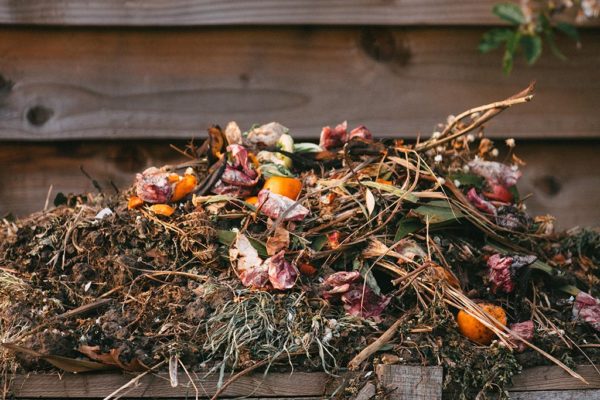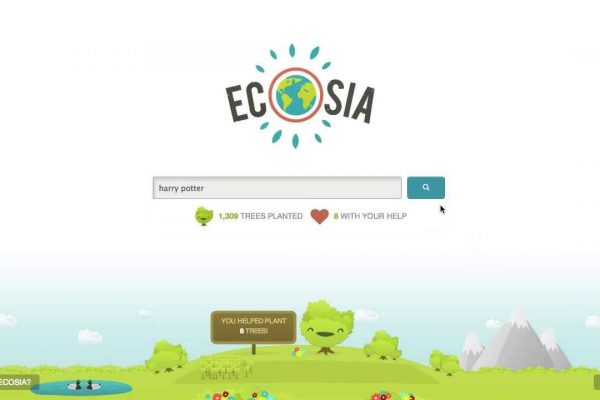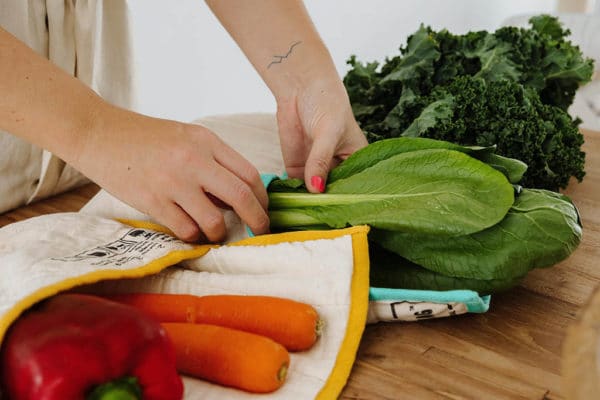Take a short step back in time and organic food was the norm.
As we stormed into the age of industrial agriculture, with promises of higher yields (and profits) thanks to synthetic herbicides and pesticides, organic farming became more of a cottage industry feeding the hippies on the fringe of society.
Just in this past decade we’ve seen a rapid rise in consumer demand for organic food products.
One might even go so far to say its popularity is akin to a mainstream diet gaining traction, espoused by celebrities and health gurus alike.
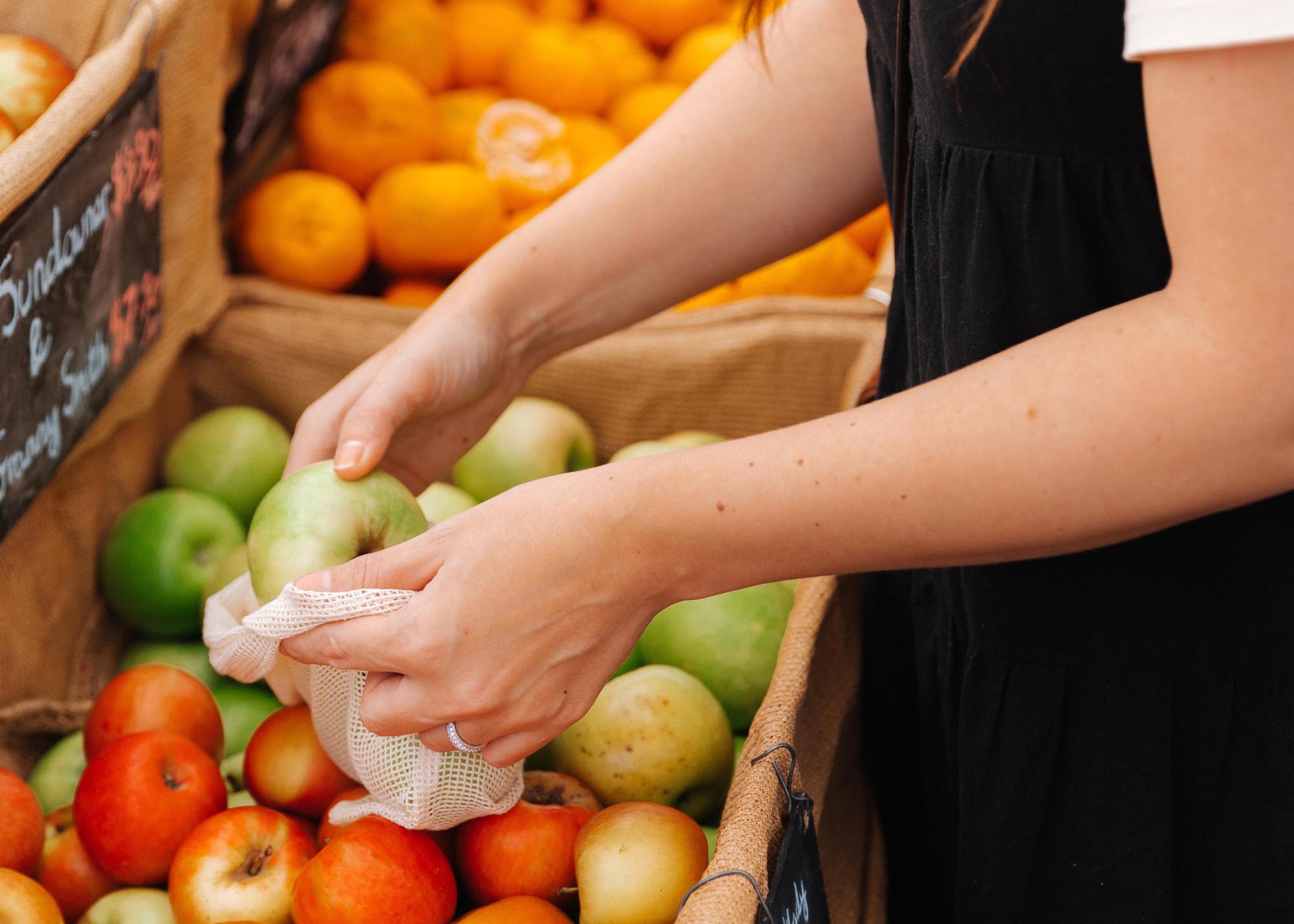
Is Organic Food Just Another Hipster Habit?
Consumer demand for organic food items has increased by 20-30% every year according to the Better Health Channel. It’s really no secret that millennials are leading the charge as the largest demographic supporting this upward trend.
Maybe it’s because we’re happy to brandish our values about to anyone who will listen. But with this comes a genuine concern for our future and the current state of this planet we all call home.
Most consumers want to believe that when they buy organic, they are buying into a set of ethics and standards that surpass conventional practices.
That the food they are eating was harvested from healthy, mineral-rich soil and is of the highest quality. That they are buying from producers who are acting on their behalf as stewards of the land, seeing to it that the best practices are being implemented to secure, preserve and regenerate resources for the future. That animals are treated ethically and harmful chemicals aren’t being used.
But how much of this is true?
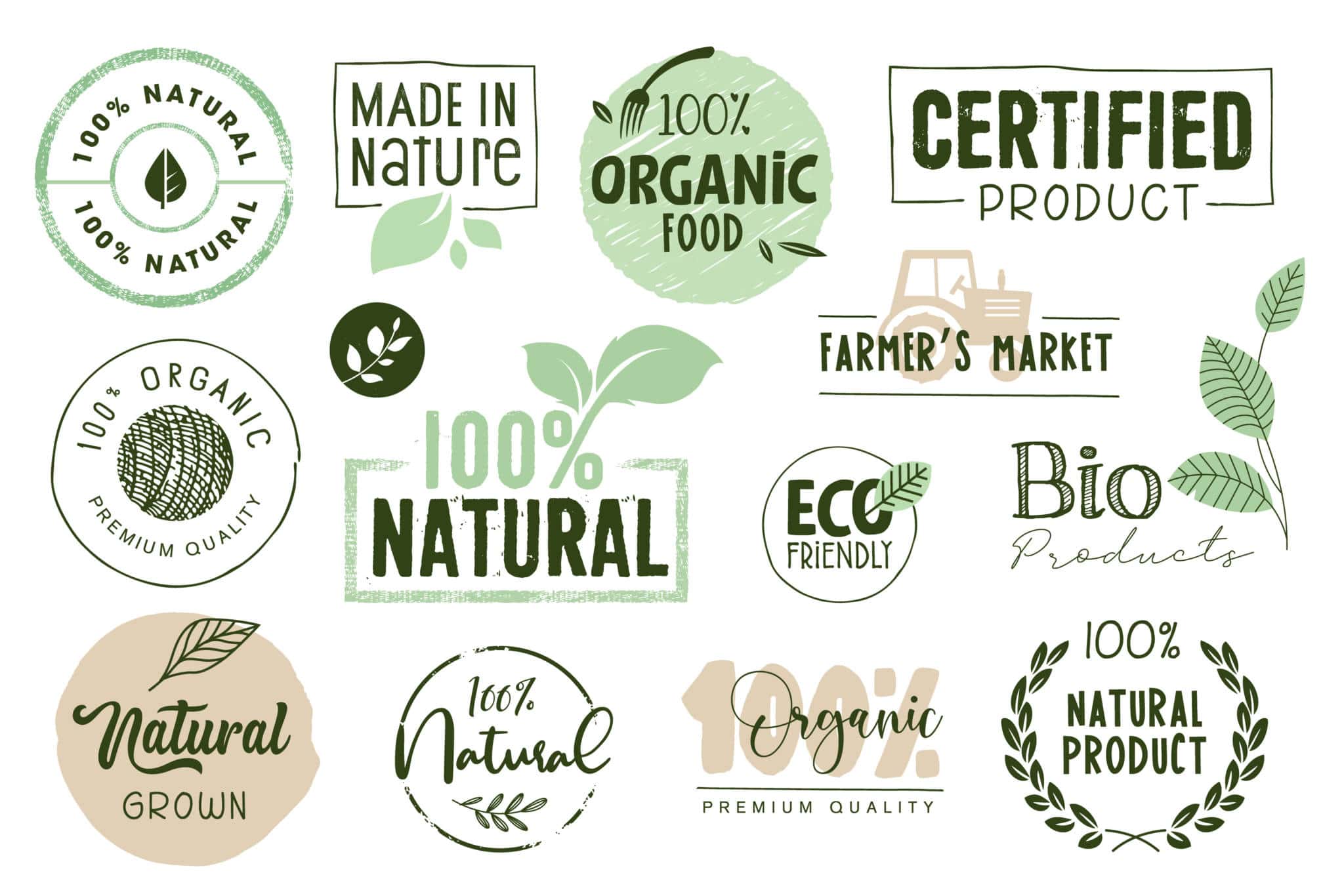
More Than A Diet
This begets a burning question. Is ‘organic’ just another marketing ploy or another fad diet akin to the calorie counters and point calculators?
Please. For the sake of our morals and this planet, can we credit the organic movement to something more than the size of our waistlines?
Firstly, let’s be clear on one thing. “Organic” is not a diet
What I think people are trying to get at when talking about it in this sense is the philosophy of organics (or I can only hope). Within the context of lifestyle, it relates to a more natural way of living. Where one is encouraged to reduce their exposure to synthetic chemicals and environmental pollutants and seek out less toxic alternatives. Not only for your own health, but for the health of the environment as well.
In terms of agriculture and food, it has morphed into a farming practice that adopts a more broader sense of the word, providing an alternative to conventional farming practices. One where a set of standards has been formed and a certifying body discerns whether the farm qualifies for their certification.
These farms are subject to annual audits, required to keep paper trails of their inputs, need to provide a management plan of how they intend to run their land organically and open themselves to rigorous scrutiny. On top of this, there’s a three year transition period from date of application where a farm is noted as ‘in conversion.’ So as you can see, there’s a lot that goes into organic certification. It’s serious business and few would jump through the loopholes if they didn’t maintain a deeper belief in their practices.
This isn’t to say there aren’t going to be some who try and capitalise off the growing popularity. Unfortunately, this is the case with anything.
Within Australia, labeling laws (especially surrounding health claims) are very strict but the term ‘organic’ is not regulated. On the other hand, ‘certified organic’ is. So this does leave the door open for some to exploit the use of the term which in turn, may dilute the overall message. But this should not be at the consequence of others in the industry striving for a better way of doing things. We can’t let a few bad eggs spoil the picnic.
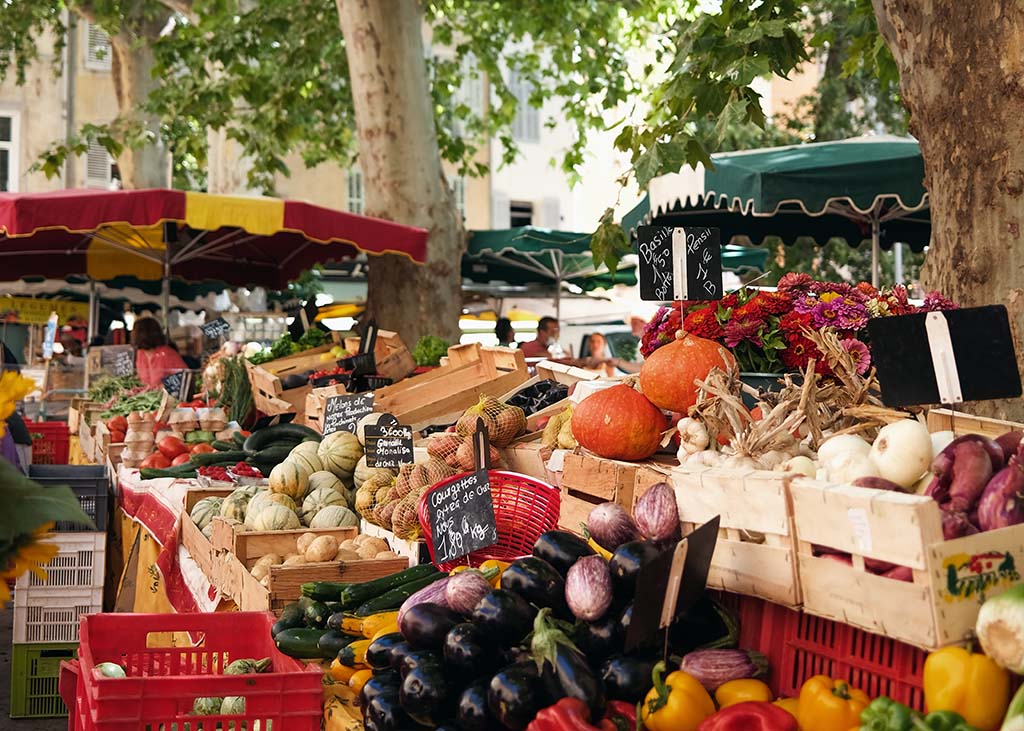
Does Eating Organic Reduce Your Exposure To Toxic Chemicals?
The leading certification of organics in Australia, Australian Certified Organic (ACO), states, “To be certified organic means to grow or manufacture a product free from synthetic pesticides, herbicides, hormones and antibiotics. Livestock must be free to range and pasture-fed, seed must be non-GM, and the process must be water efficient and biodiversity friendly.”
Within organic certification, a whole different standard applies where allowable sprays must be organic in origin and certified. So not all organic farms are necessarily ‘chemical-free’ in this sense. But it’s the origin of the chemical that is often the clincher. Synthetic pesticides have a whole different interaction with the natural environment.
For example, organically derived Pyrethrum (a naturally occurring insecticide found in the chrysanthemum) will break down through photodegradation anywhere from within hours of application to a few weeks. Their synthetic counterparts have been specifically engineered to not breakdown in this manner. This is a highly toxic chemical for aquatic life and mildly toxic for mammals. What an organic farm considers a virtue, is a weakness to a conventional farm.
A growing body of evidence is revealing some of the toxic side affects of the most widely used agricultural herbicide, glyphosate (the active ingredient in Roundup®). Traditionally, it was just used as a spot treatment on weeds because of its potency. Now, however, Roundup® ready seeds are genetically modified to withstand the potent effects of glyphosate which has allowed for broad acre application (that is, killing everything else in its path).
Not only do you have GMOs to contest with and widescale environmental poisoning, but residue may still remain on food crops post harvest. Glyphosate messes with your gut microbiome, causing inflammation on the cellular level which can consequently induce gastrointestinal disorders, obesity, diabetes, heart disease, depression, autism, infertility, cancer and Alzheimer’s disease (source).
So yes, opting for an organic alternative can help reduce your exposure to these herbicides and pesticides that are sprayed on conventional crops which are potential carcinogens, endocrine disruptors and all round, harmful to human health (source).
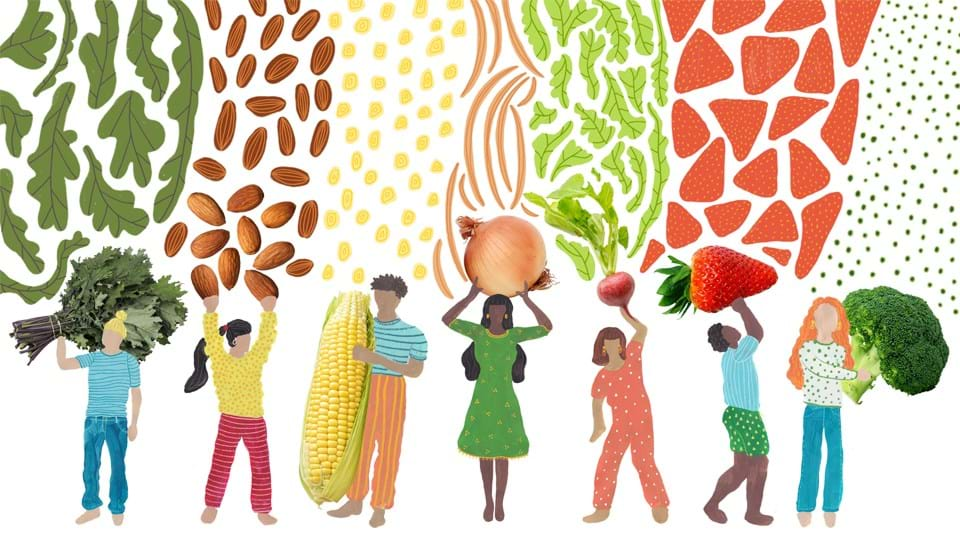
But Organic Food Is So Much More Expensive…
I prefer to see it as my way of supporting an industry I believe in as a co-inhabitant of this earth, and supporting those who are stewarding the land in such a way. Farming organically is generally a more labour intensive effort (hello manual weeding!) but why shouldn’t these farmers be compensated fairly like any other employee or business?
In some cases though, depending on the product, the price can be very competitive. Purchasing fresh organic produce from a farmers market can prove to be a very frugal venture if buying direct from the grower. Knowing that more of your dollar is going into their hands is priceless. As a result, you as the consumer know exactly what you are getting, what has gone into it and from whom.
Part of the foundations of many organic farms is actively working to build the soil through compost systems or raising animals in an earth regenerative and ethical manner.
In this sense, they are doing more than simply growing food. They are growing soil for future generations. In return, healthy soil nurtures healthy plants. This is the very food you and I are eating that is supporting our health. For me, there’s not a lot else to be said.
You don’t have to choose sides. But you do get the opportunity to make a decision, each and every single day, as to what you put in your body and what kind of world you are creating for yourself, and future generations.
